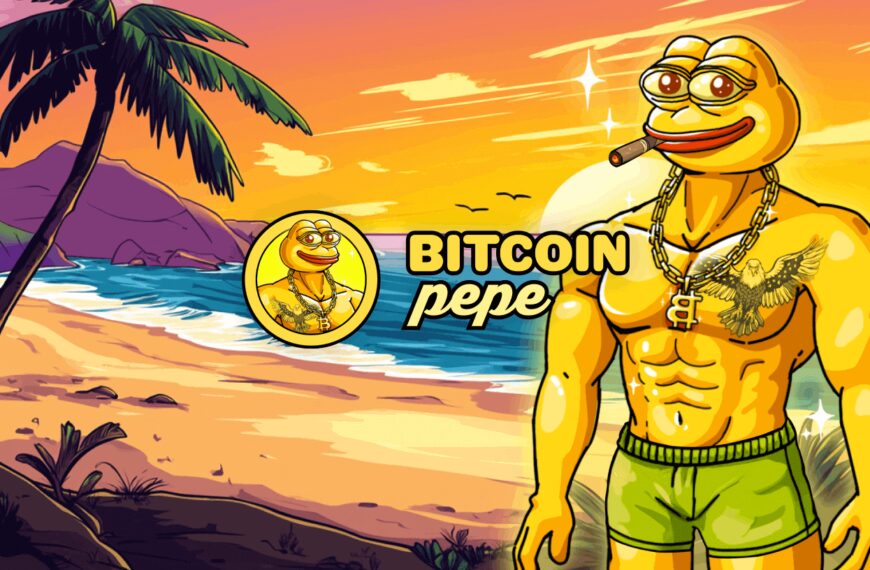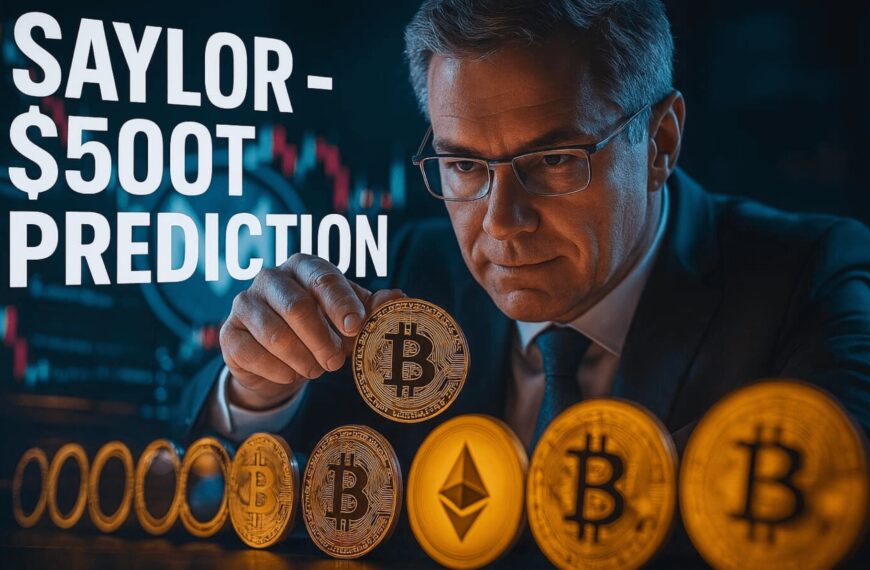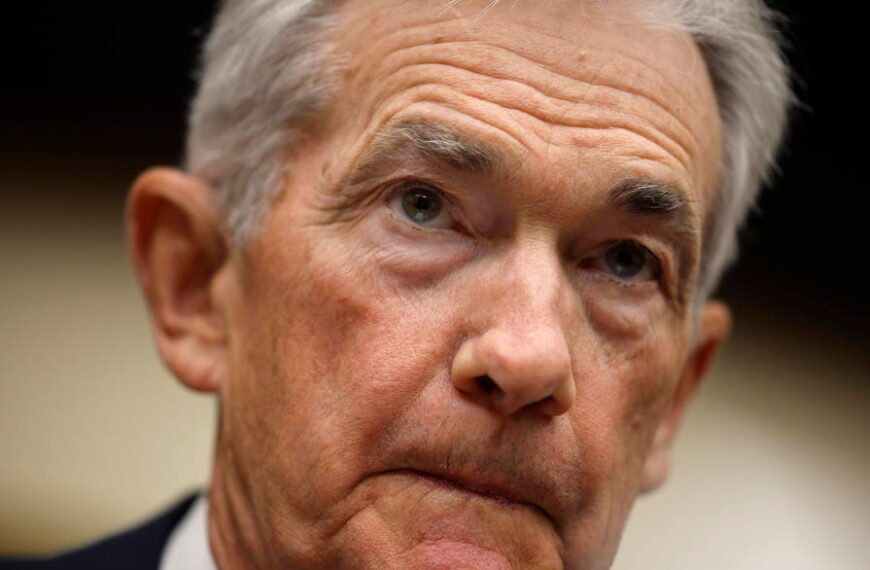Solana in the US Crypto Stockpile? This SOL Founder Prefers ‘No Reserve’
The cryptocurrency landscape has been evolving at a rapid pace, with various stakeholders voicing their opinions and concerns about the future of digital assets. Recently, the co-founder of Solana, a prominent blockchain platform, raised eyebrows with his criticism of U.S. President Donald Trump’s proposal to establish a digital asset reserve. This news has sparked discussions within the crypto community and beyond, as industry players contemplate the implications of such a move.
The Proposal: A Digital Asset Reserve
President Trump’s initiative aims to create a digital asset reserve for the United States, a suggestion that has garnered mixed reactions from market participants. The proposed reserve is intended to bolster the country’s position in the rapidly evolving digital economy. However, many within the cryptocurrency sector see potential pitfalls in this approach.
Concerns from Industry Leaders
Among those expressing skepticism is the co-founder of Solana, who has voiced strong objections to the idea of a government-backed reserve for cryptocurrencies. His concerns are rooted in several key areas:
- Centralization vs. Decentralization: One of the founding principles of cryptocurrencies is decentralization. The creation of a reserve could undermine this principle, as it may lead to increased governmental control over digital assets.
- Market Manipulation: With a government reserve in place, there are fears that it could lead to market manipulation, where the government could intervene in market dynamics, distorting true value and price discovery.
- Innovation Stifling: A centralized reserve could hinder the innovation that has been a hallmark of the cryptocurrency sector, limiting the agility and creativity of blockchain projects and startups.
The Solana Perspective
Solana has emerged as a significant player in the blockchain space, known for its high throughput and low transaction costs. The protocol’s co-founder believes that the focus should remain on creating a robust ecosystem that thrives on decentralization rather than relying on a government reserve. This aligns with the broader ethos of cryptocurrency, where users value autonomy and freedom from centralized authorities.
In his statements, he emphasized the need for a healthy dialogue among industry participants to explore alternative solutions that support growth and innovation without the need for a government-backed reserve. His vision for Solana includes fostering a vibrant community of developers and users who can drive the project forward independently.
The Implications of a Digital Asset Reserve
The establishment of a digital asset reserve raises several critical questions about the future of cryptocurrencies in the U.S. market:
- Regulatory Framework: How would the reserve fit into the existing regulatory landscape? Would it impose stricter regulations on cryptocurrencies, potentially stifling growth?
- Global Competitiveness: Would the U.S. be able to maintain its competitive edge in the global crypto market, or would this move push innovation elsewhere?
- Investor Confidence: How would a government reserve impact investor confidence in digital assets? A lack of trust could lead to decreased participation from both retail and institutional investors.
Community Reactions
The crypto community has been largely vocal in its reactions to the proposal. Many industry leaders, developers, and enthusiasts have taken to social media and forums to express their opinions. A common theme emerging from these discussions is the desire for autonomy and innovation without the heavy hand of government intervention.
Some supporters of the digital asset reserve argue that it could provide legitimacy to cryptocurrencies, potentially attracting more mainstream users and institutional investors. However, critics maintain that the risks associated with centralization far outweigh the potential benefits.
Conclusion: A Call for Open Dialogue
The debate surrounding the U.S. digital asset reserve proposal continues to unfold, with significant implications for the future of the cryptocurrency market. As industry players, including the co-founder of Solana, voice their concerns, it is crucial for the community to engage in open dialogue about the best path forward.
Ultimately, the focus should remain on fostering an environment that promotes innovation, decentralization, and user empowerment. The future of cryptocurrencies should reflect the values upon which they were built, rather than succumbing to the pressures of governmental control. The discussions sparked by this proposal may very well shape the trajectory of the crypto industry in the years to come.
As we continue to monitor developments in the crypto space, it is clear that the conversation surrounding digital asset reserves is just beginning. The need for collaboration among stakeholders will be essential in navigating the complexities of this evolving landscape.





